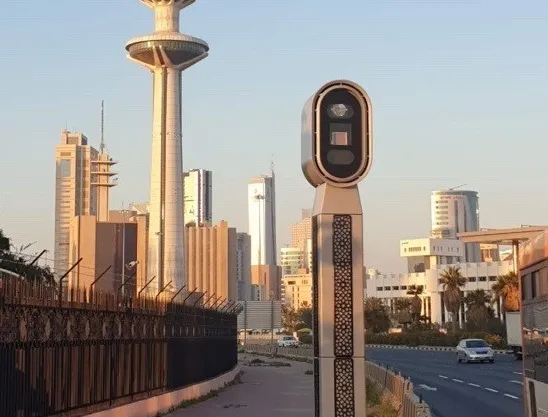Vitronic is to supply police forces in the Gulf region with 300 fixed PoliScan speed enforcement systems, including service and maintenance. The order is for the latest generation PoliScan speed LIDAR–based enforcement systems with high-resolution colour cameras. Delivery of the first fifty systems is scheduled for the end of July.
June 6, 2013
Read time: 2 mins
The order is for the latest generation PoliScan speed LIDAR–based enforcement systems with high-resolution colour cameras. Delivery of the first fifty systems is scheduled for the end of July.
The PoliScan speed systems monitor all vehicles in the surveillance zone equally, even if they are tailgating, changing lanes, driving in the vicinity of road works, tunnels or on bends. The systems come with automatic evidence data transfer to the violation processing centre.
Vitronic technology does not require any in-road equipment such as induction loops or piezo sensors, allowing considerable savings in installation and maintenance, as well as fewer road closures and traffic congestion.
“This is the third significant major project in our home market in the last six months” said Youssef Al Hansali, CEO of Vitronic in Dubai. He continued: “The carefully cultivated relationship with our customers as well as the outstanding skills of our engineers has led us to the new contract. Our superb product quality and our commitment are very well received by the market.” The recent order signed is a follow-up contract to the earlier successful deployments of PoliScan traffic enforcement systems.










